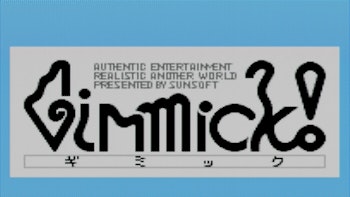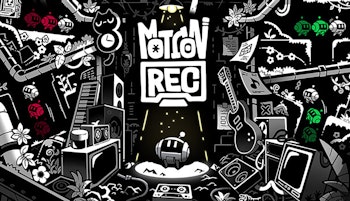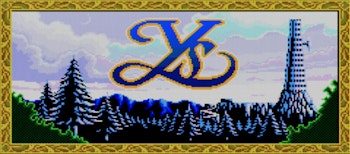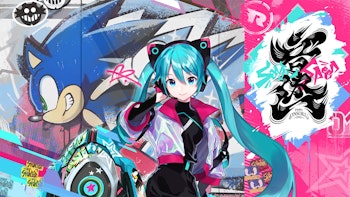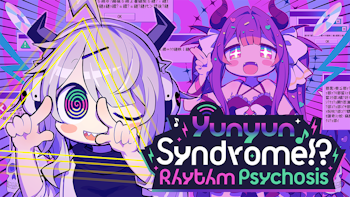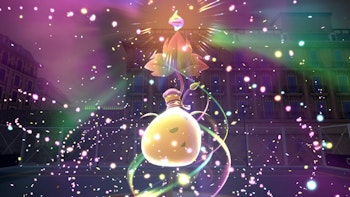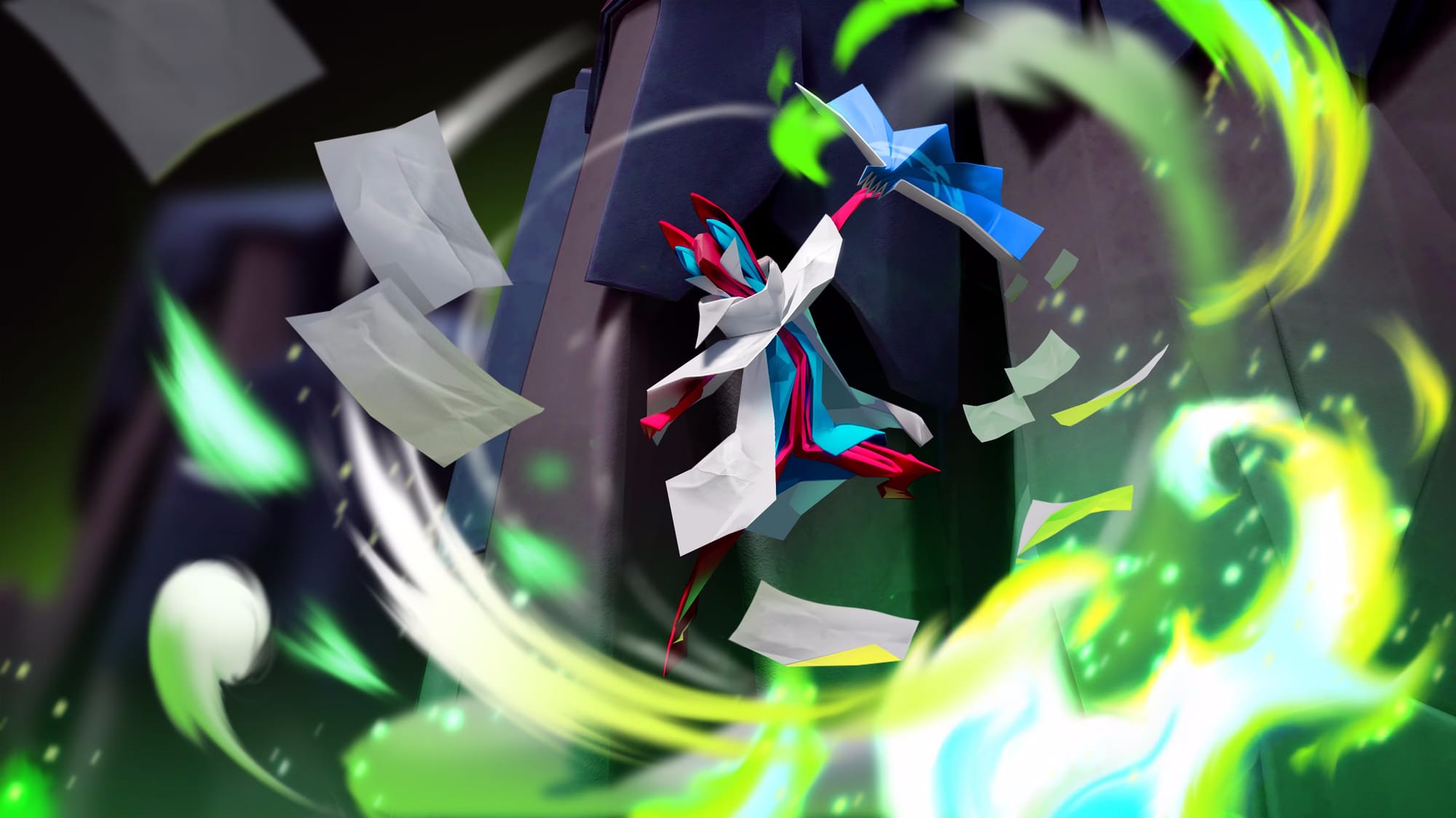
While it's never been easier to make and share an indie game, getting it to stand out is another story. Especially if you're a developer from overseas looking to reach an audience in Japan, you'd better be prepared in order to stay afloat in a legendary and long-established domestic games market.
But as indie gaming continues to grow, with community events like BitSummit climbing in attendance year by year, Japanese gamers have embraced plenty of smaller titles from abroad. So how do those games manage to resonate with players that already have so many options in their home country?
You might want to ask Zach Huntley, co-founder and managing director at Kakehashi Games. Since 2013, Zach and his team have published, marketed and localized hundreds of successful games, including support for titles like Hollow Knight and Sea of Stars, both of which boast fantastic sales numbers in Japan.
While the long-awaited release of Silksong and Kakehashi's exhibitions at events like Gamescon and Tokyo Game Show have kept him busy, we had a chance to talk to Zach on the heels of this year's BitSummit, which featured demos of newly published titles like the origami-inspired Hirogami from Bandai Namco Studios' Singapore & Malaysia branches.
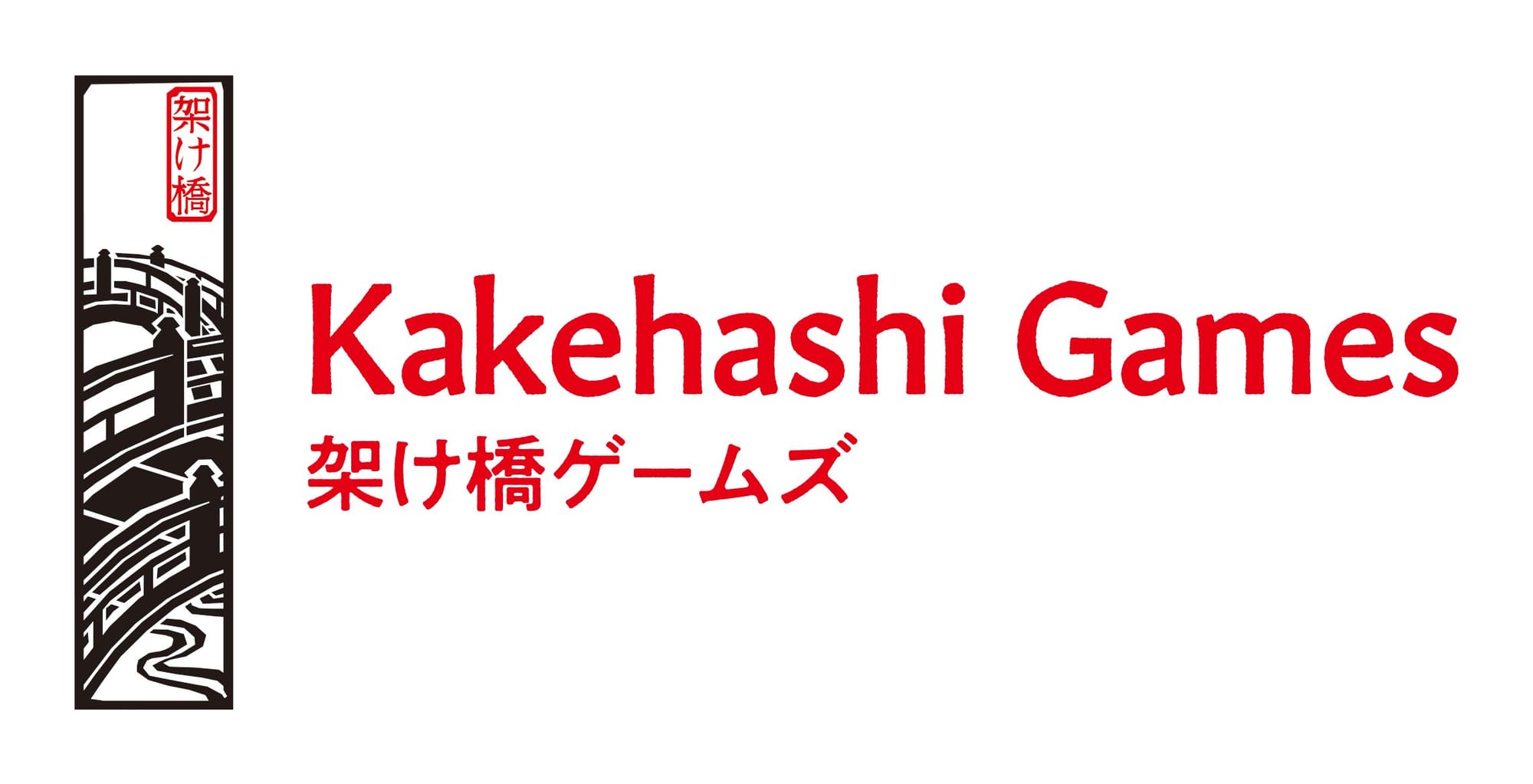
scrmbl: How was this year's BitSummit for Kakehashi?
ZACH: It was a great time. This year was actually our 12th Bitsummit, and it's always a pleasure for us to go and show off our games to the public. We were happy to see so many people enjoy the upcoming titles like Serial World and Hirogami. Especially with Hirogami, it was great to see so many people pick up the controller and almost immediately understand how to play. Parents were even playing together with their kids, which was so awesome.
As an American starting their own game publishing company in Japan, I'm probably not the only one who's curious: What's your Japan “origin story?”
Growing up in the ‘80s and ‘90s, there was of course so much in the way of great media like games and anime from Japan, so I ended up getting interested early on. I was fortunate enough that the junior high school I started attending actually offered a class for learning Japanese. Unfortunately, our family moved and I couldn't continue with it, but that was definitely my “first taste.”
Then out of high school I worked at Nintendo of America, my first job in games. I was a Gameplay Counselor, one of those hotline phone operators telling people what to do when they got stuck in a game. From there I was able to work my way up until I was part of the Mario Club, the internal assessment team that was part of the Treehouse at NOA. After that I was at Sega of America, where I got to work on Golden Axe: Beast Rider and other really great games. Eventually I made my move to Asia to work for LucasArts in Singapore as a game designer. But the whole time I definitely felt like Japan was “calling” me.
After LucasArts, I finally moved to Japan just for studying Japanese language at a short-term program in Fukuoka. I had plenty of free time while I was studying, so one day I sent in an application to a game company with an office nearby, just to give it a try. To my surprise, they ended up hiring me! So, for a short time I worked there. But as a foreigner, as you might know, Japanese work culture was a lot to get used to, and I couldn't see myself staying.
I figured I had only one option: start my own company! So me and my coworker Ryuta Yazawa started our own business, and we wanted to be a “bridge” between east and west. That's how Kakehashi was born.
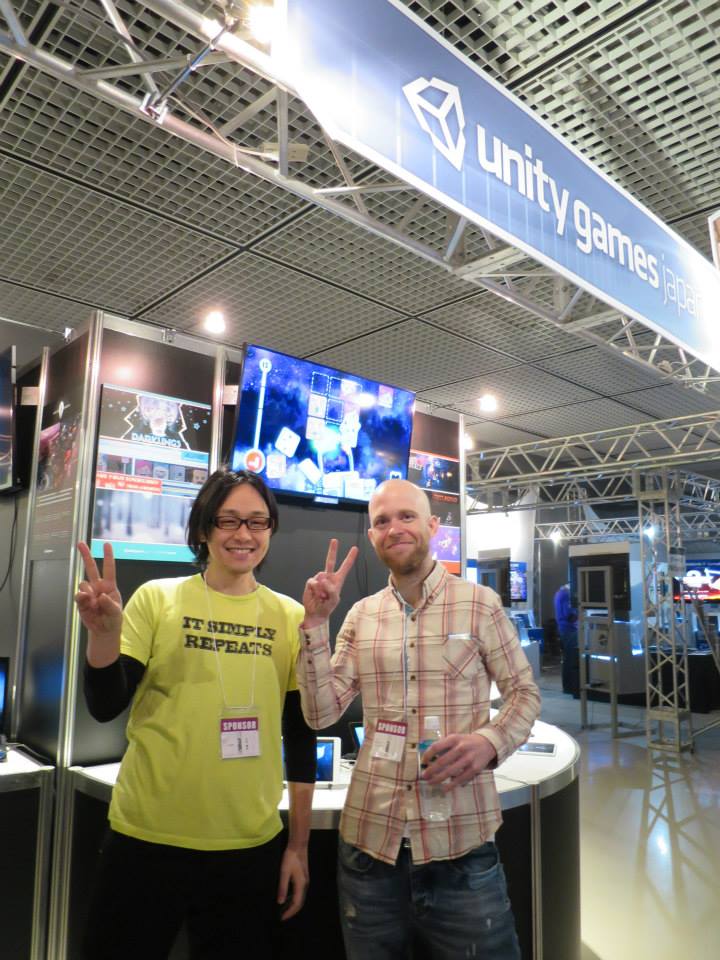
The name itself is very cool, it definitely stands out!
We wanted something that, when heard in a western language, was still pretty easy to say. I can't remember which of us was actually the first to notice the word somewhere, but as soon as we both saw it we knew that's what we wanted the name to be. Our first concern was actually that it might have been taken already, so we made sure it wasn't before anything else!
It also had a good “Japanese feel” to it, while still being easily pronounceable for people who don't speak Japanese. And that sense of being a “bridge” also reflects how fortunate we were to make a lot of great connections over the years, so we've been really lucky.
How about when you and Yazawa-san were just starting out, what were those early days like?
At the beginning we had nothing. It was just me and Yazawa working together in this tiny yojōhan (4.5-tatami apartment). We were living on cup noodles and cut price onigiri, just trying to get any sort of notice or attention for what we were doing, really pounding the pavement to find our first couple projects.
What would you say was your “big break” title?
At the time, around 2013 or so, so much stuff was being put on mobile. A friend of mine happened to know one of the developers for the mobile game Waking Mars, and we approached them to work on the Japanese localization.
When we were talking with the Japan branch of the Apple app store, it just so happened that the person in charge LOVED that game and was a fan of the localization. So the game ended up getting featured on the app store for a really long time, and that gets you all kinds of attention. People started wondering, “Ok, who's working on this game that's always on the app store?”
Then that's how we ended up talking with Unity, who wanted to set up an in-house publisher for international games. In Japan, the adoption rate for Unity was still pretty low back then, so they wanted to promote more. That was the start of the idea for Unity Games Japan, and it's how we grew more into publishing work and made so many valuable connections before we rebooted.
What do you mean by “rebooted”?
Eventually, Unity decided that publishing games wasn't a good fit for their business. But that was how we focused more on our own connections and publishing work, so I like to say we “rebooted.” At the same time, Yazawa-san decided running a business wasn't something he wanted to do anymore. So we restructured and brought on another person to help do more publishing support. It really felt like Kakehashi 2.0.
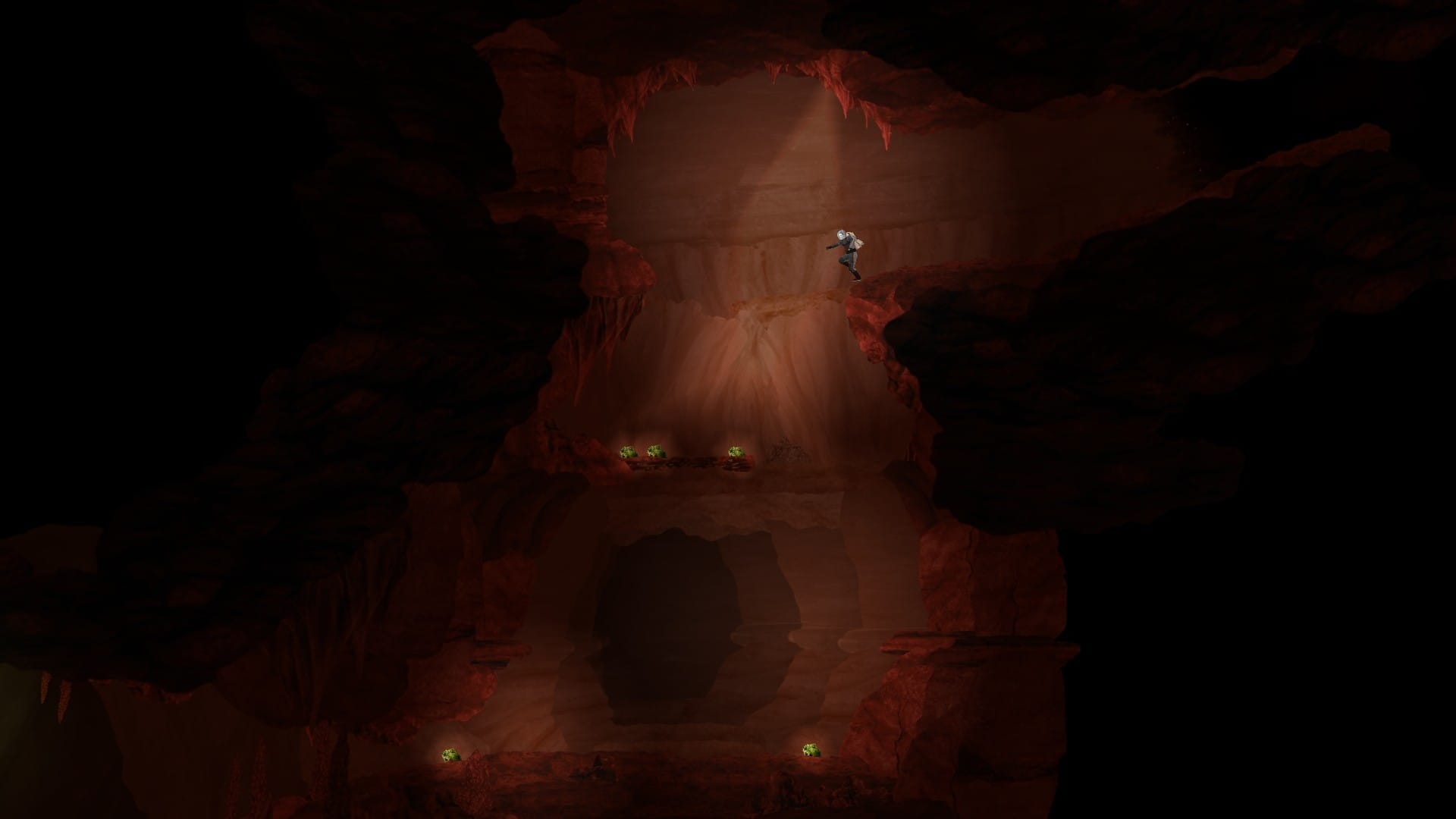
What was Kakehashi 2.0 able to do for game creators from abroad after that point?
From a foreign dev’s perspective, trying to get into the Japanese market can be really overwhelming when you don't speak the language or understand everything about the culture, so we really wanted to support more people with that. We wanted to say to these devs, “we support you with all the publishing stuff, without having to act like a big publisher.”
We've found that people MUCH prefer to work on a service basis rather than a percentage basis. That way they don't have to worry about constant revenue reports and stuff like that and just focus on the work of making their game.
We like to think of it as being a “branch office for hire.” Imagine you could just have your own branch office in Japan that handles your game in that market. It's a perfect scenario.
What are some unexpected differences about the Japanese game market that devs run into?
One thing that surprises people, and I don't think it should, is that Japanese gamers don't necessarily want to see another version of the Japanese games they already know.
Everyone is inspired by games made in Japan. Everyone.
So when someone wants to make their version of a bullet hell, good for them, but I hope it can compete with what's already easily available locally. You want to make a JRPG? Ok sure, if you think you're ready to compete with Square. Japanese players want something unique. They tend not to be stuck on genre so much. They just want to play games that are well-made, well-designed, and polished.
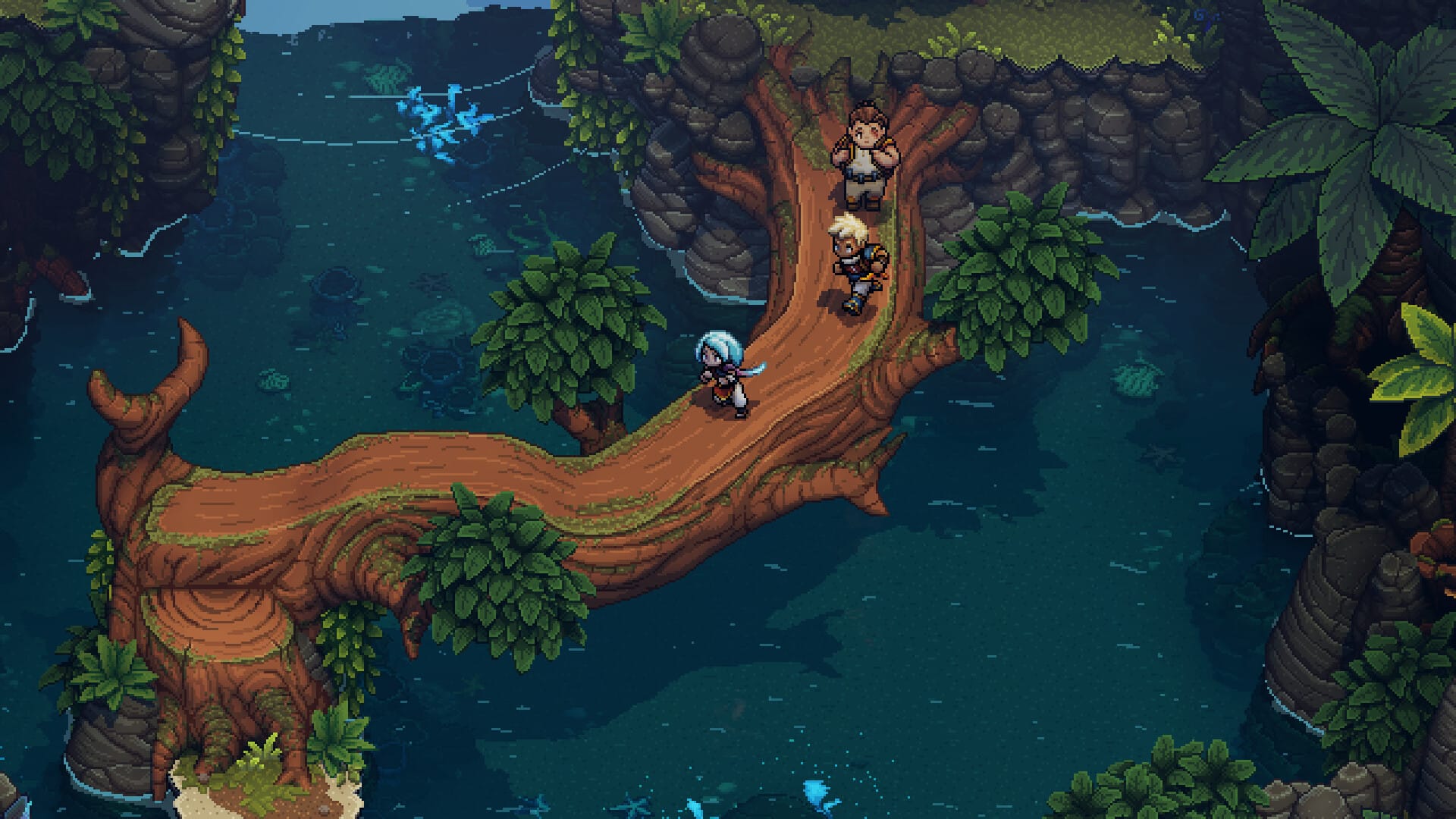
Interesting, especially when considering how very JRPG-inspired games like Undertale have become so popular in the west and Japan.
Yeah, but I think Undertale is definitely something that only a non-Japanese fan of the genre could have come up with. It clearly had influences from classic JRPGs and other games, but it wasn't just blindly replicating them. Toby Fox took the inspiration and made it his own.
Two Kakehashi titles come to mind with that description, Sea of Stars and Crow Country. Both of these are love letters to Super Famicom-era JRPGs and PS1-era survival horror respectively, but what do you think makes them so marketable in Japan?
Sea of Stars is definitely a special case. They had a lot of passion with what they were doing. Great execution, well-polished. They went after the throne of great JRPGs, but treated it with the respect it deserves. They were doing something unique, something evolved. So the game ended up a great balance between nostalgia and new. They had all the elements of the classics they loved, but they added entirely new mechanics.
What it really comes down to is things like polish, structure, and business sense, and not every team has the aptitude or follow-through like they do. We also did a physical release and it did extremely well, beat all our expectations.
And similarly, with Crow Country, it was a really talented team working in a new direction. A balance between nostalgic and new. SFB games made something that took strong influence from Silent Hill, Resident Evil, but made something of their own. They still stayed true to the game they wanted to make, with a deeper dive into the experience.
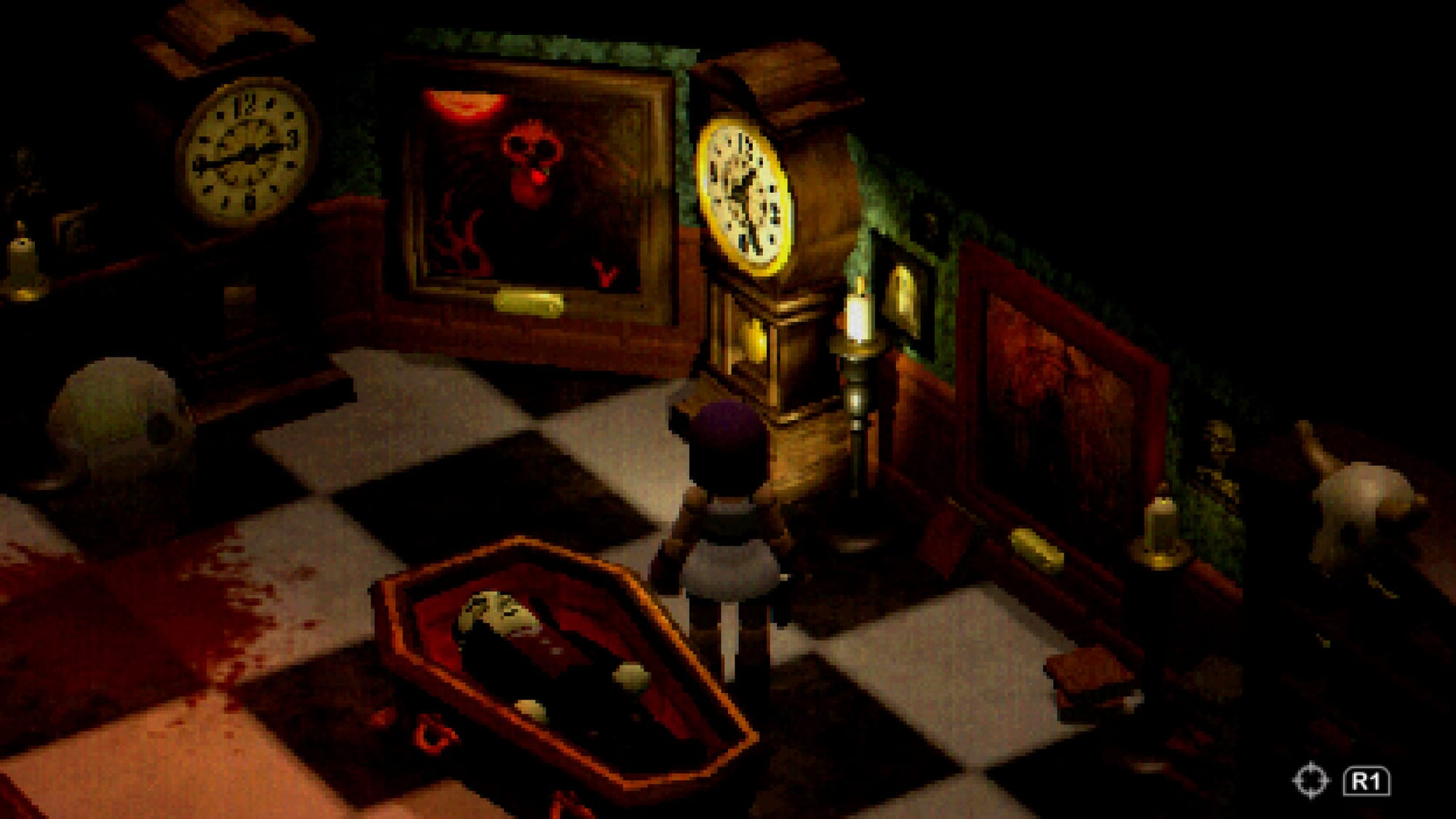
Having supported devs for so many years, how can you tell if someone from abroad is well-prepared to market their game in Japan?
There's no real formula or system, it's gut reaction. Talking to devs and understanding them can tell us a lot. Are they motivated to market in Japan just as a means to grow revenue? Or because they have appreciation for the people, the culture; because they actually care?
I've misread before. Especially with everything being remote recently, talking to someone online they can seem perfectly fine and ready. But when push comes to shove, they can be very different from expected. It's really about love and attention to detail.
I don't want someone just looking to sell something, but projects that feel like they actually add something to the library of games in Japan.
When getting pitches, is there anything that Kakehashi tends to avoid?
We tend to avoid working with games that focus on “realism,” ones with very “realistic” graphics. We think of games as kind of an “escape” from real life, so we prefer projects with more interesting styles.
Also, what many Japanese gamers really think about is “play feel.” How does your game feel to play? Even something as simple as the start menu, when you first press “A” to select something. If there's no solid “feeling” from that first impression, it's tough to resonate with a new player.
How would you say things have changed in the industry since Kakehashi started?
Totally different now. Publishing is also very different. In the last couple of years, PC gaming has gotten WAY bigger, likely because of covid. Before then, we were basically all focused on consoles and mobile, and that was it. In Japan, people didn't really care about or couldn't afford gaming PCs, and most people don't even have a PC in their homes, very different from the west.
So with covid, I guess the people stuck at home ended up getting introduced to Steam, and saw they had access to thousands of titles they'd never seen before.
Really, up until that point, if someone approached us with a game only available on PC, we'd just tell them “good luck.” Especially if you wanted any kind of domestic publicity or press around it. But now, games that are only on Steam are covered in outlets like 4Gamer and Famitsu.
Also surprisingly, FPS games are getting more traction recently. Maybe because of e-sports, or because they're more “streamable.” Someone who may have motion sickness, for example, may not play the game themselves but have no problem watching a stream of someone playing it.
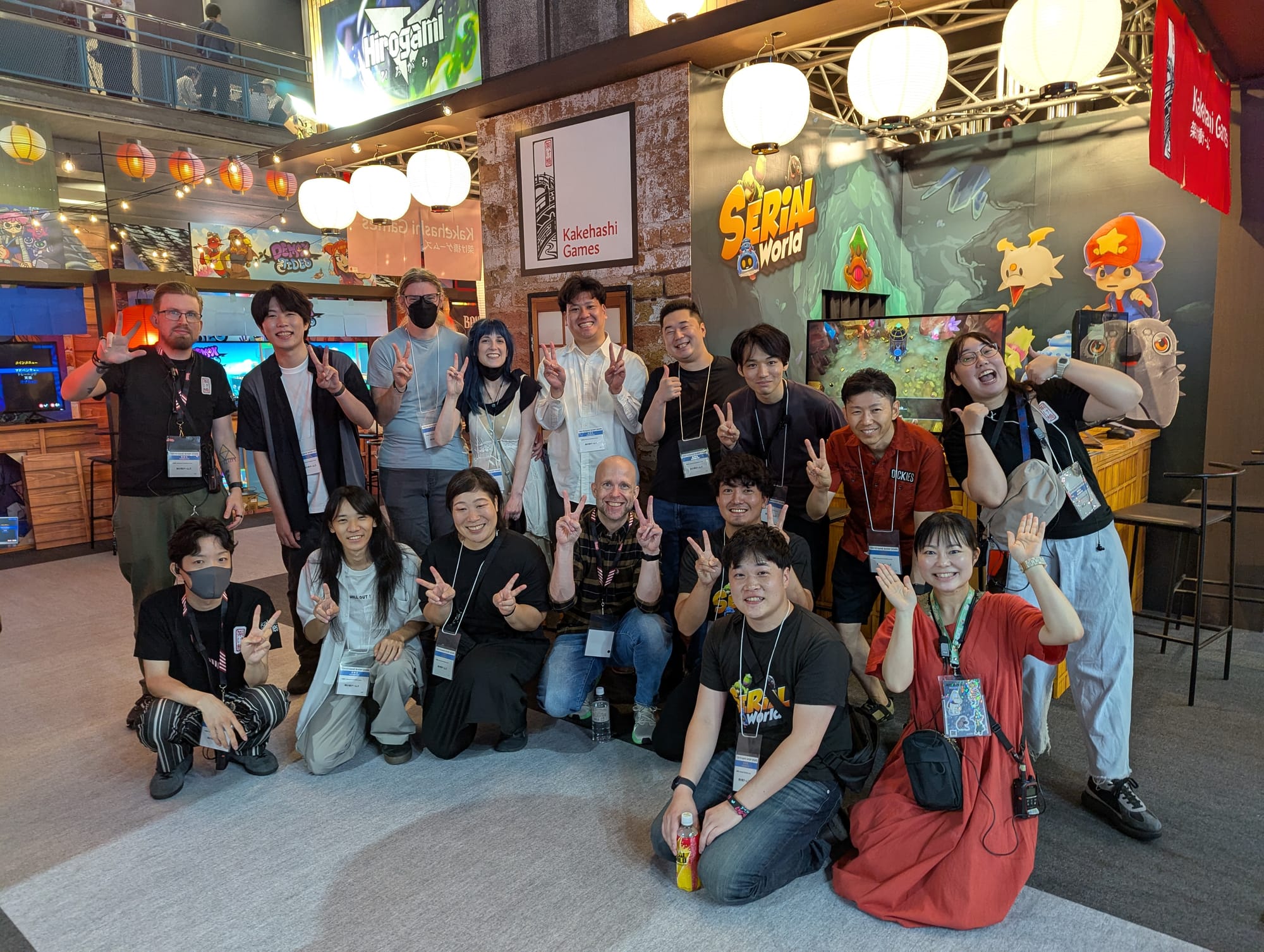
Speaking of Steam, last year's Sonokuni has 100% positive reviews on its store page. I had a chance to try the demo, it's awesome to play and great example of Kakehashi publishing a Japanese indie game for players abroad.
That was just a case of us wanting to help these devs share their super Japanese culture-inspired game with the rest of the world. We wanted to be that bridge.
If you wanna know what's happening in the JP indie game scene? Here ya go, Sonokuni.
Indie is always evolving, always changing. We're not trying to influence or force anything, we just want to be along for the ride. We just want to show people what's going on with games in different parts of the world.
